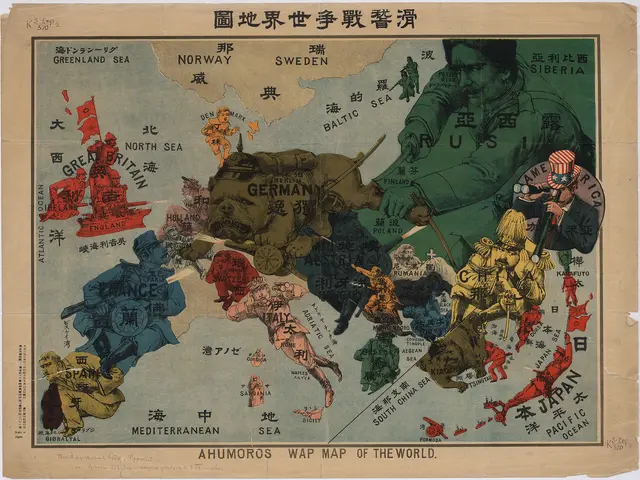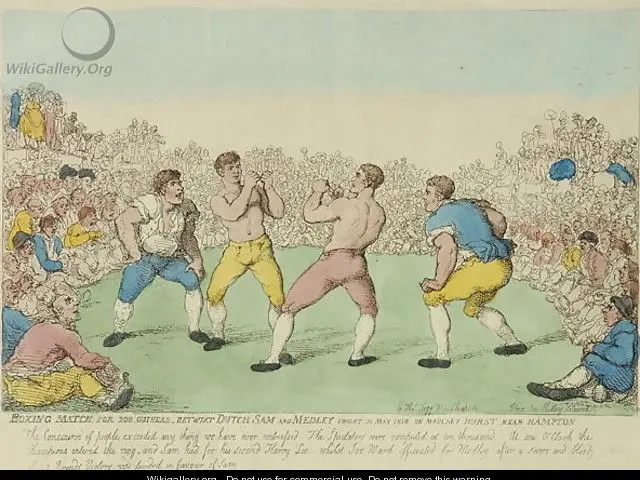"50-Year Anniversary Celebration of the Iconic Rock Musical: Jesus Christ Superstar"
A Fresh Take on Jesus Christ Superstar: A Classic Rock Opera Still Stirring Controversy
Fifty years after its debut, "Jesus Christ Superstar" by Andrew Lloyd Webber and Tim Rice continues to captivate audiences and spark discussions. While its powerful rock tunes and innovative storytelling have made it a timeless classic, the production's interpretations of religious themes and characters have stirred heated debates.
The opera's plot revolves around the last week of Jesus Christ's life, as seen through the eyes of his loyal followers and adversaries. Although it is based on Gospel accounts, the authors have taken significant liberties with the narrative. The characters convey personal emotional struggles and thoughts rather than strictly adhering to dogmatic religious beliefs.
One controversy surrounding the musical is its omission of Jesus' resurrection. Instead, the story culminates with Jesus' burial and a more human portrayal of his life, death, and impact. This change has been criticized by some as undermining the theological significance of Christ's divinity and spreading anti-Christian biases [1][3].
Additionally, the musical's secular take on Jesus' story challenged traditional depictions, with Jesus being portrayed as a flawed human trapped by societal expectations and pressures. Some critics labeled the musical's use of rock music, a genre associated with countercultural rebellion at the time, as blasphemous [3].
Over the years, casting choices have also drawn criticism. For example, recent productions have featured gender-blind casting, such as Cynthia Erivo as the first female Jesus and Adam Lambert as Judas. Critics argue that these changes disrupt traditional interpretations and are deemed blasphemous for deviating from biblical depictions [2].
Furthermore, the musical's open-ended structure leaves the question of Jesus' divinity unanswered, leading some to view it as satire criticizing fame and fanaticism, while others interpret it as dismissive of faith. The lack of spiritual closure (e.g., no ascension or resurrection) reinforces perceptions of irreverence [1][3].
Lastly, critics have noted liberties in depicting historical characters like Mary Magdalene and Judas, whose roles and relationships in the musical have polarized audiences [1][5].
Despite these controversies, "Jesus Christ Superstar" remains a significant milestone in music and theater, paving the way for groundbreaking productions and powerfully resonating with generations of viewers. Its enduring relevance as both a fresh perspective on the Christian story and a grand form within rock music has solidified its status as a classic [6].
Sources:
- Entertainment Weekly
- The Washington Post
- Christianity Today
- The Guardian
- Crux News
- BBC News
- The recent productions of "Jesus Christ Superstar" have featured unconventional casting choices, such as Cynthia Erivo as a female Jesus and Adam Lambert as Judas.
- The musical "Jesus Christ Superstar" presents a secular portrayal of Jesus, depicting him as a flawed human trapped by societal expectations and pressures.
- The open-ended structure of "Jesus Christ Superstar" leaves the question of Jesus' divinity unanswered, leading some to view it as satire criticizing fame and fanaticism.
- The characters in "Jesus Christ Superstar" convey personal emotional struggles and thoughts, rather than strictly adhering to dogmatic religious beliefs, as seen in the portrayals of Mary Magdalene and Judas.








